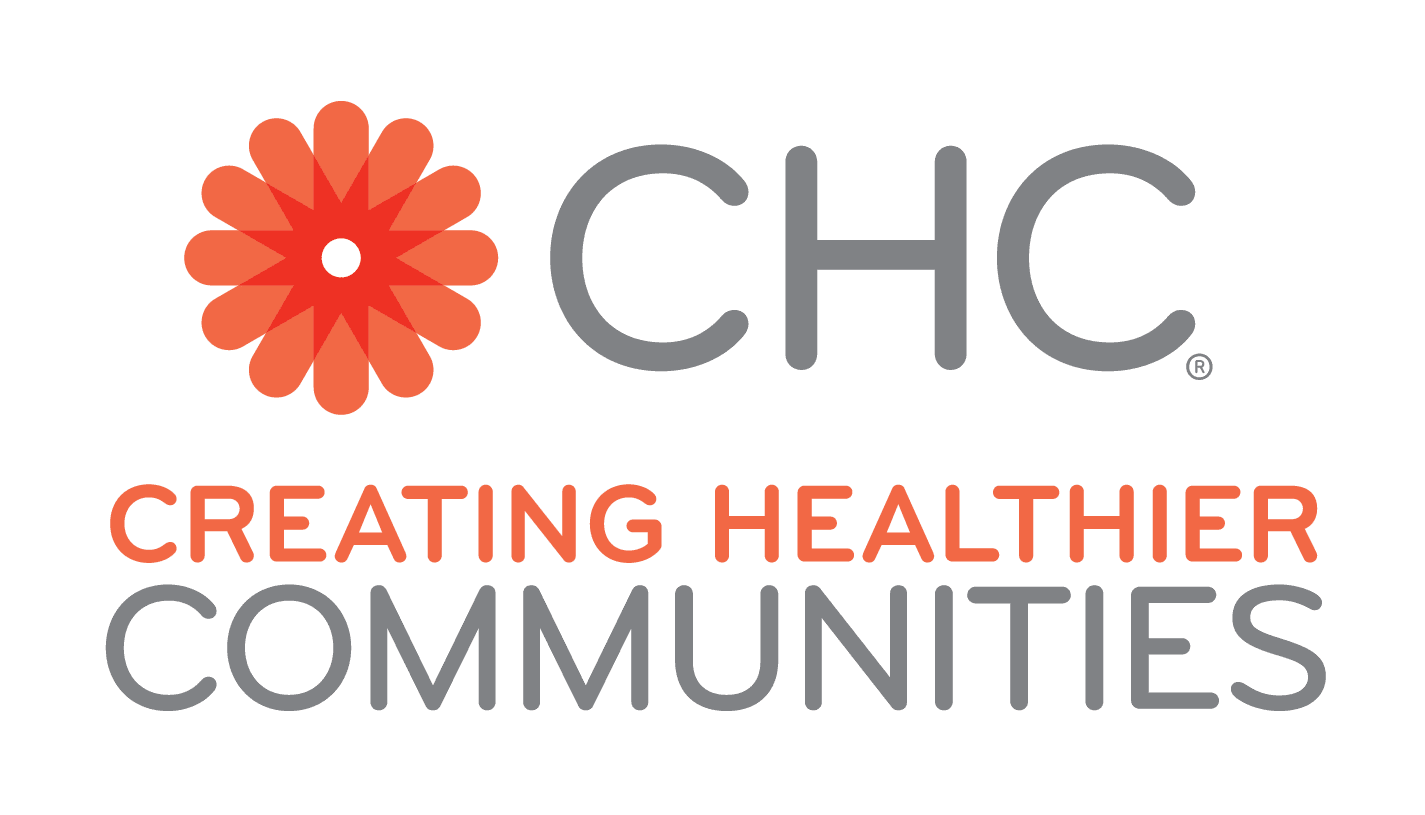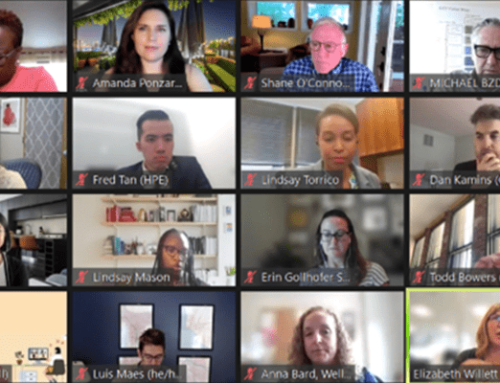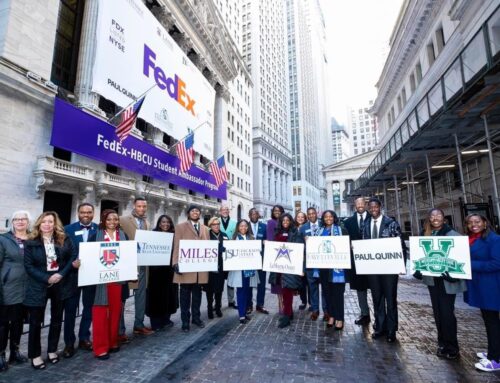Diversifying the Workforce
Recently, Corporate Leadership Council members and guests discussed practical ways to increase diversity in the workforce, focusing on recruitment, retention and promotion; linking metrics to compensation and business plans; as well as creating pipeline programs and opportunity.
Cleveland Cavaliers:
- Institutionalize diversity, equity and inclusion (DEI) work with metrics that are tied to leadership compensation.
- Create a scorecard – you can’t manage what you don’t measure
- Work to hire team members that represent the communities where the company and its employees have a presence — and report on those metrics.
- Ensure DEI is part of the organizational business plan and link diversity to real revenue goals, not just as a feel-good activity. Quantify the ROI of DEI so it’s seen as a business asset not an expense.
- Include white males in your DEI strategy so it doesn’t become a “them against us.”
- “The benefit of DEI is creating an environment where the people count, not counting them. They’ll deliver value exponentially.”

MetroHealth:
- In DEI work, partnerships matter and no single organization can do this alone. DEI work includes everyone and should focus on sustainable equity, not guilt.
- MetroHealth has made hiring, retention and promotion a priority. Focus group findings from black and brown employees highlighted the importance of remembering current employees for advancement, not just bringing in external hires. It’s also important to be more aware of the challenges women and minorities are facing.
- MetroHealth started with education at all levels of the organization, including anti-bias programs at the very top with board of trustees and the foundation. Address the social determinants of health, equity, and systemic and historical issues.
- Create the right culture where people are safe, heard, valued, and understood; where they can speak up versus standing on the sidelines.
- Patients want to see health system staff who look like them.
- MetroHealth has the only high school inside a hospital in the U.S. to provide role models and real-life experience for young people in the healthcare field.
- MetroHealth also engages faith-based leaders in DEI work, as the church, regardless of religion, holds significant presence for communities of color.
- Healing begins with listening. Not pretend listening but moving to attentive listening and actual empathetic, healing listening with the heart. Focusing on shared humanity.
- Watch: Healing Begins with Listening https://vimeo.com/446572689 and This is Who We Are: https://vimeo.com/585906724

Best Buy:
- Being part of the social impact team and a DEI practitioner is important due to intersectionality in how we show up in our communities, whether communities of color or under-resourced communities.
- Best Buy has numerous partnerships and programs to address inclusion and diversity, especially since Best Buy is headquartered in MN where George Floyd was killed.
- The company focuses on increasing Black, indigenous and people of color (bipoc) representation and creating retention parity.
- One innovative program is Teen Tech Centers – the goal is to create tech equity and provide labs where young people come after school to create and explore plus receive access to technology, training and mentorship to achieve their potential. Best Buy plans to open 100 centers by 2025. Best Buy also provides scholarships to HCBUs and internships for STEM and tech. “When we think about diversifying the pipeline, it’s about exposure.”
- It’s not about saving communities but rather coming in to build relationships, learn, and support them with resources. Teen Tech Centers provide self-guided learning and the tools to be successful.
- Nonprofit partners also help expand opportunities and support Best Buy in finding the next wave of talent; there’s a clear business value to these programs.
FedEx:
- In February, FedEx launched a new HBCU initiative and awarded $5M to four Historically Black Colleges and Universities.
- The initiative will create valuable education and job readiness for students and address covid response.
- FedEx is also working with career centers, and they launched a student ambassador program to recruit and retain minority talent.
- One of the top FedEx innovations is creating satellite FedEx facilities on HBCU campuses so that students can work part-time and secure real job experience while earning their degrees, with the potential for full-time employment upon graduation.
Applied Materials:
- The tech industry tends to struggle with DEI and many groups are under-represented. One way to show the business benefit of DEI through awards and contracts acquired, as DEI metrics can often influence the sale or win.
- Applied has conducted extensive training for its executive leadership group and employees at large. DEI is a major focus of the company’s CEO, and he speaks regularly (internally and externally) on its personal importance to him.
- Applied Materials also brings in notable speakers including The Daily Show’s Trevor Noah and Isabelle Wilkerson, author of Caste, The Origins of our Discontents. Hosting book clubs can help employees learn and grow together.
Other comments shared from corporate leaders on the call included making the table bigger and more equitable, focusing on Employee Resource Groups (ERGs), and identifying what gaps exists and what programs still need to be created to continue to drive change.







